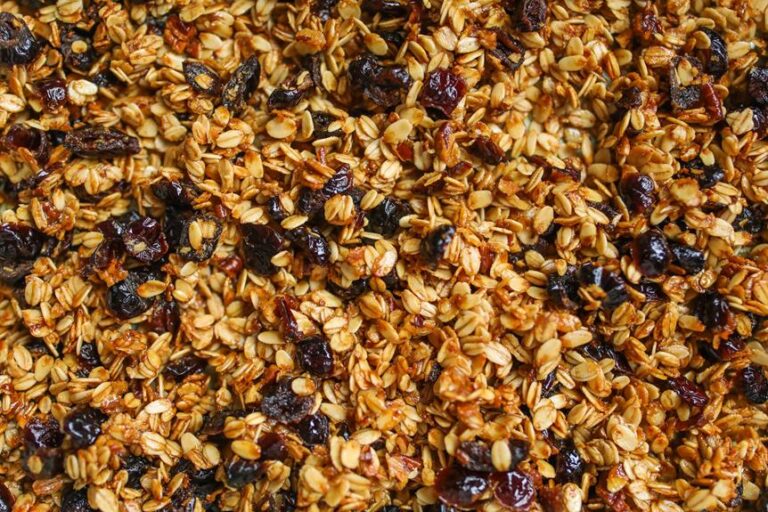Many of us are familiar with the common cold, but can birds get a cold too?
Avian influenza, or bird flu, is a viral infection in birds that can cause severe respiratory issues and even death.
But what are the similarities and differences between a bird cold and a human cold?
In this article, we will explore the bird immune system, the symptoms of bird illnesses, and preventive measures to keep pet birds healthy and lower the risk of disease transmission from birds to humans.
Contents
Key Takeaways
- Avian influenza is a highly contagious and potentially deadly respiratory illness that affects birds and can also pose risks to humans.
- Understanding bird illnesses and their symptoms is crucial for early detection and prevention of diseases in both birds and humans.
- Birds have a unique immune system that plays a crucial role in their overall health and ability to fight off infections.
- Proper hygiene, nutrition, regular veterinary check-ups, and a stress-free environment are important factors in preventing cold and flu in pet birds.
Symptoms of a Cold
Though bird cold symptoms may vary, certain signs can indicate a cold in birds, such as coughing, sneezing, and breathing difficulties. In addition, birds may display signs of lethargy, appetite loss, weight loss, and nasal discharge. It is important to monitor these symptoms because if left untreated, avian influenza and other illnesses can be fatal.
While bird colds may be similar to human colds, there are differences in the types of viruses and treatments that are necessary. For instance, antibiotics can be used to treat bacterial infections in birds, but antiviral medications are needed to treat viral infections. Additionally, bird colds can spread more quickly between birds due to their close living quarters.
Therefore, it is important to practice proper bird care to reduce the risk of cross-species transmission of diseases.
Disease Transmission
Frequently, the transmission of diseases between birds and humans is a concern for both species. The risk of disease transmission is real, and understanding bird illnesses can help in early detection and prevention. Bird’s immune systems are unique, and their mechanisms to avoid getting a cold are different from humans.
Here are three ways to reduce the risk of bird flu transmission to humans:
- Hygiene and Cleanliness: Proper hygiene and cleanliness are important in bird care. Regular cleaning and disinfection of cages, perches, and bird toys can help prevent illnesses.
- Balanced Diet: Providing a balanced diet and proper nutrition can boost bird immune systems. Vitamins, minerals, and proteins are essential for bird health.
- Veterinary Check-ups: Regular veterinary check-ups are important for maintaining bird health. Vaccinations and other preventive measures can reduce the risk of bird flu transmission.
Bird Immune System
Furthermore, birds possess a unique immune system that is different from humans and plays a crucial role in their overall health. Research on the bird immune system is essential for understanding how it works and its ability to fight off infections. This research can lead to advancements in avian health, such as the prevention of illnesses like colds. Birds have specific mechanisms to avoid getting a cold, which can be strengthened through essential bird care practices such as providing a balanced diet and proper nutrition. Additionally, cleanliness and hygiene are important elements in bird care, as is regular veterinary check-ups.
| Advantage | Disadvantage |
|---|---|
| Unique immune system | Risk of cross-species disease transmission |
| Prevention of colds | Infections can still occur |
| Balanced diet and nutrition | Can still be susceptible to illnesses |
| Hygiene and cleanliness | Can still exhibit symptoms |
| Regular veterinary check-ups | Population declines due to disease |
Preventive Measures
Preventive measures are essential for reducing the risk of bird flu transmission to humans and maintaining bird health. Proper hygiene and cleanliness, a balanced diet and proper nutrition, and regular veterinary check-ups are important for bird care.
- Hygiene and Cleanliness:
- Clean bird cages regularly to avoid the accumulation of droppings.
- Disinfect any items coming in contact with birds.
- Ensure good hand hygiene when handling birds.
- Balanced Diet and Proper Nutrition:
- Provide a balanced diet with seeds, fruits, and vegetables.
- Ensure birds get adequate vitamins, minerals, and other nutrients.
- Provide bird supplements if needed.
- Veterinary Check-ups:
- Have regular veterinary check-ups to detect diseases early.
- Vaccinate birds to prevent contagious illnesses.
- Monitor bird health for any changes in behavior.
Comparing Colds
By comparing the symptoms of a cold in birds to those of humans, we can gain insight into the similarities and differences between the two. Avian influenza and other bird illnesses can cause similar symptoms in both birds and humans, such as coughing, sneezing, wheezing and fever.
However, these illnesses can also have different effects on the two species. For example, some birds may become lethargic or have difficulty breathing, whereas humans will likely experience a more severe flu-like illness. Understanding the differences between the two can help us better understand how to prevent the spread of disease and keep our feathered friends healthy.
Cross-species transmission of diseases is a concern for both humans and birds, and preventive measures such as proper nutrition, hygiene, and regular veterinary check-ups can help reduce the risk of infection. By recognizing the signs of a cold in birds and taking the necessary steps to prevent it, we can ensure our birds remain healthy and happy.
Conclusion
Avian influenza, or bird flu, is a serious and contagious viral infection in birds. While birds and humans can share similar cold-like symptoms, the risk of transmission of bird flu to humans is real.
It is important for bird owners to understand the bird’s immune system, recognize the symptoms of bird illnesses, and take preventive measures to keep their pet birds healthy. By doing so, they can reduce the risk of bird flu transmission to humans and keep their birds safe and healthy.






